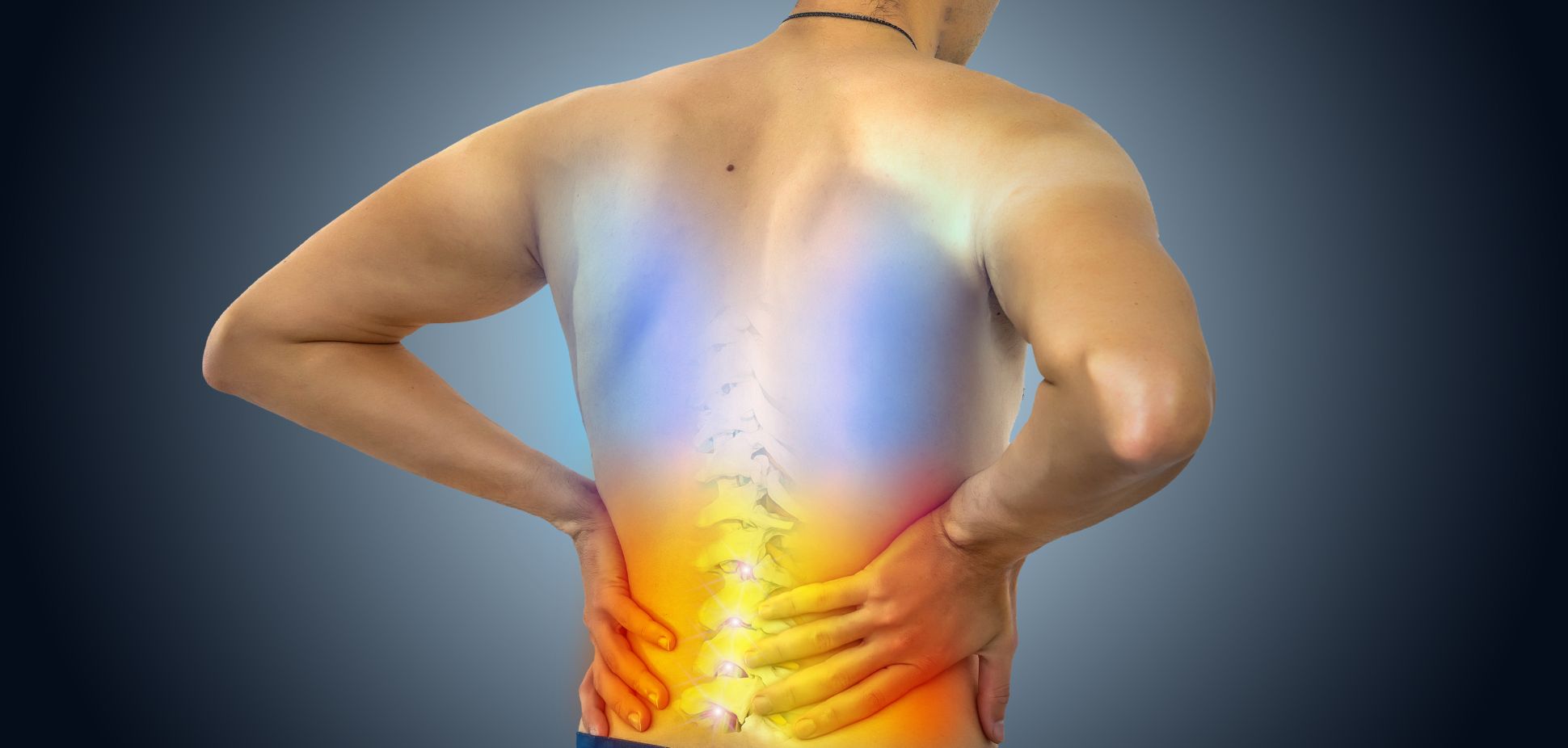#147: Living With Back Pain? Here’s How Cannabis Could Change Your Life
#147: Living With Back Pain? Here’s How Cannabis Could Change Your Life
Chronic back pain affects millions of Canadians every day. One in eight Canadians reports suffering from chronic back pain, and almost one-third say their daily activities are limited because of it.
Back pain makes simple tasks feel impossible and can take over your entire life. For years, people with back pain were limited to traditional treatments, like opioid painkillers that come with serious risks. But new research is showing that cannabis might be a safer and more effective solution.
A major study published in September 2025 has given us the strongest proof yet that cannabis can provide significant relief to people with chronic back pain. Here's what the research shows and how cannabis might be able to help you, too.
The game-changing study

This wasn't just any small study. It was one of the biggest and most careful studies ever done on cannabis for back pain. The researchers split 820 people with chronic back pain into two groups. One group received cannabis medicine called VER-01, while the other got placebo pills that looked the same.
After 12 weeks, the results were clear. People taking cannabis saw their pain drop by almost 2 points on a scale from 0 to 10. The placebo pill group only dropped 1.4 points. That might not sound like much, but for someone living with constant pain, it can mean the difference between being stuck in bed and getting back to normal life.
What's even better is that the pain relief lasted long after the study ended with some people feeling better for up to 12 months after. This is a huge contrast to traditional painkillers that can lead to addiction and other adverse side effects.
Dr. Matthias Karst, the study's lead author and pain specialist at Hannover Medical School, emphasized that cannabis "can significantly reduce pain and improve physical function in patients with chronic low-back pain, without the safety concerns commonly associated with opioids".
The cannabis given to participants contained 2.5 mg of THC, along with CBD and CBG. Notably, patients showed no signs of dependence, withdrawal, or abuse potential typically linked to opioid painkillers.
The way cannabis heals
Cannabis helps with pain by working with your body's natural pain control system. This system is called the endocannabinoid system, which is a network of switches throughout your body that control pain, inflammation, and healing.
When you take cannabis, compounds like THC and CBD flip these switches in a way that reduces pain signals going to your brain. They also help decrease inflammation, which is often a big contributor to back pain.
When someone's dealing with back pain, their body actually produces more endocannabinoids (those natural, cannabis-like compounds) and their receptors in the spinal cord. This suggests the body is trying to manage the pain naturally through its own systems. Taking cannabis medicine just gives your body extra help.
This is completely different from how opioids work. Opioids simply mask the pain and don't address the underlying issue. In contrast, cannabis works with your body to actually reduce the pain and promote healing.
Why cannabis outperforms opioids

Recent research highlights how cannabis compares to opioid painkillers. In a study of 392 older adults with chronic back pain, half were treated with cannabis extracts and half with opioids. The cannabis group showed better outcomes across the board.
People taking cannabis had better pain relief, both short-term and long-term. They slept better, too. But the real difference was in side effects. The opioid group had lots of problems, from constipation and nausea to sleepiness and hallucinations. The cannabis group had very few side effects, and when the study ended, did not experience withdrawal once the study concluded.
This finding is particularly relevant given Canada's ongoing opioid crisis. With thousands of people struggling with addiction to prescription painkillers or facing overdoses, safer alternatives are urgently needed.
Studies show that cannabis can play a significant role here: about half of chronic pain patients can stop using opioids entirely after starting cannabis. Another third can significantly reduce their opioid dosage. Adopting cannabis more widely for pain management could, quite simply, save lives.
Not all back pain is the same
Not all back pain is the same. You might have pulled a muscle, have a slipped disc, arthritis, or nerve damage. The good news is that cannabis seems to help with many different types of back pain.
Cannabis may be especially effective for nerve pain, which occurs when nerves are damaged or pinched. One study on spinal stenosis (a condition where the spine compresses nerves) found that participants who took CBD for several weeks saw their pain scores drop from an average of 6-7 out of 10 down to a more manageable 4-5. An improvement like that can be life-changing.
But the benefits didn't stop at pain relief. Participants in these studies also reported better sleep, improved mobility, and an overall enhanced sense of well-being. When you're managing chronic pain, improvements to sleep and daily function can be just as important as the pain reduction itself.
The next chapter in pain relief
Hopefully, these studies will begin to change how doctors approach chronic back pain. For too long, patients have been stuck choosing between living with their pain or taking risky opioids. Cannabis presents a third option that might be both safer and more effective.
This emerging research validates what many patients have been saying for years: cannabis can provide real, meaningful relief. And unlike opioids, it does so without the same risks of physical dependence or overdose. With more research and an open mind, cannabis could truly change how we approach chronic pain management.
Back to all posts









